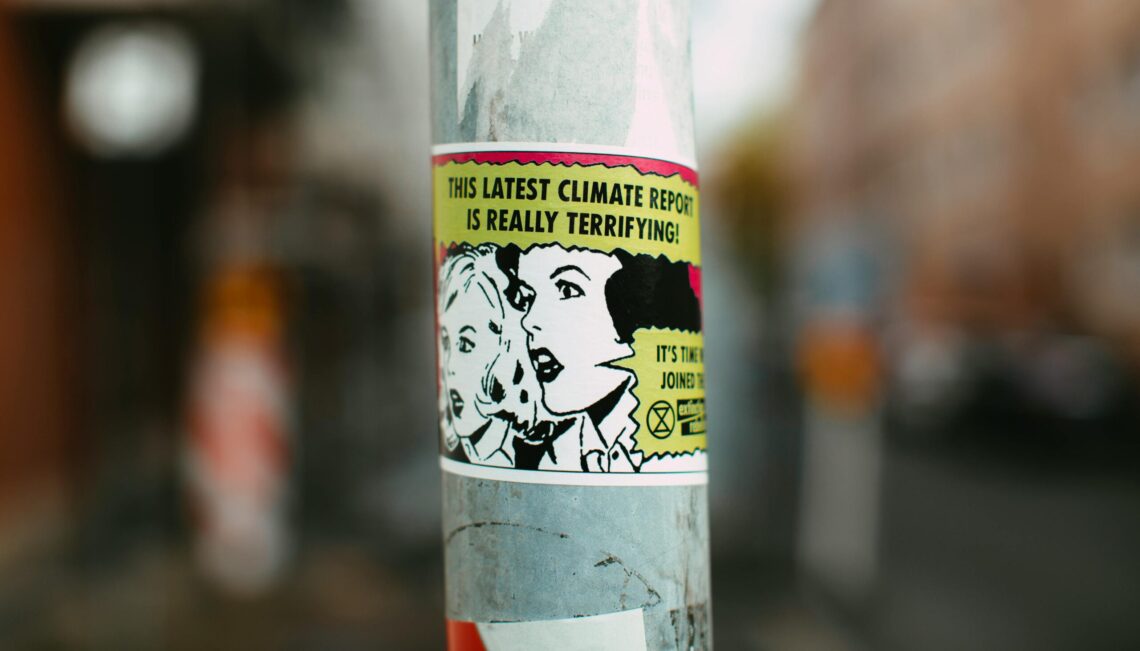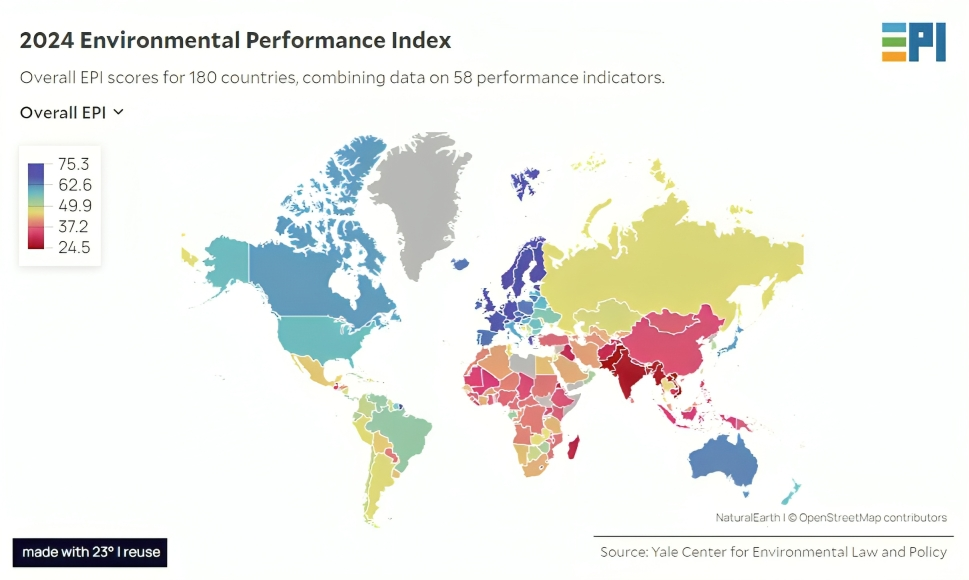academia
-
-
Rationalising Abilities
-
The Paris Agreement stands as one of the most ambitious global efforts to combat climate change. Signed in 2015, it brought together nations with the shared goal of limiting global warming to well below 2°C, with an ideal target of 1.5°C. The agreement was more than a legal document; it was a commitment to the future of the planet. However, in 2020, the United States took an unprecedented step backward when the Trump administration formally withdrew from the Paris Agreement. The decision sent shockwaves through the global environmental community. As one of the world’s largest economies and historically the biggest…
-
The European Union’s Carbon Border Adjustment Mechanism (CBAM) is a groundbreaking policy addressing global climate change while reshaping trade dynamics. Introduced in October 2023, this mechanism imposes carbon taxes on imports based on the carbon intensity of their production processes. By 2026, the CBAM will impose taxes ranging from 20% to 35% on specific imports, marking a significant shift in international trade. This article explores CBAM’s implications for India and outlines strategies to mitigate its impact. What is CBAM and How Does It Work? CBAM is part of the EU’s “Fit for 55” package, designed to reduce greenhouse gas emissions…
-
The question of what the pace of academia should be is becoming increasingly urgent in the modern world. The organic rhythm that once guided the academic world—allowing for reflection, deep inquiry, and the nurturing of intellectual growth—has given way to a culture of constant acceleration. Today, the pace of academia is dominated by a race for citations, high-impact publications, and the pressure to produce research in rapid succession. But what are the consequences of this accelerated pace, and how does it affect the essence of academic life? The Lost Organic Pace of Academia Historically, academia operated at a pace that…
-
Introduction As the role of artificial intelligence (AI) in academia grows, discussions about how education should evolve have become increasingly relevant. While cognitive ability, measured as IQ, has traditionally been emphasized, emotional intelligence (EI) is gaining importance as a critical skill for success in both academic and professional settings. Daniel Goleman, a leading figure in the study of emotional intelligence, highlights four essential components of EI: self-awareness, self-management, social awareness, and relationship management. This article explores how these components can be integrated into academic environments and their growing significance in future learning. The Role of Emotional Intelligence in Academia Why…
-
In the ever-evolving landscape of academia, the role of perspectives cannot be underestimated. Perspectives, essentially the individual views and interpretations that students and scholars bring to the table, are the lifeblood of intellectual diversity. They challenge the status quo, spark debate, and lead to the development of new theories and practices. However, the current education model, largely communication-biased and top-down in nature, often fails to adequately encourage the emergence and exchange of these valuable perspectives. This has significant implications for the vitality and relevance of the academic knowledge system. The Problem with Communication-Biased Models The model of education that dominates…
-
The academic landscape has become increasingly competitive, with researchers and students vying for limited resources, funding, and recognition. While competition can drive innovation, excessive rivalry can lead to chaos, undermining the fundamental principles of learning and knowledge-sharing. This article explores the detrimental effects of competitive chaos in academia, including the suppression of creativity, the proliferation of predatory publishing, and the erosion of collaboration and mentorship. The Rise of Competition in Academia In today’s academic landscape, competition has become a defining feature. From the earliest days of education, there has always been some level of rivalry among students and scholars. However,…
-
India’s environmental performance has come under significant scrutiny, as reflected in the 2024 Environmental Performance Index (EPI). Ranking 176th out of 180 countries with a score of 27.6 points, India faces severe challenges in air quality, emissions, and biodiversity conservation. Despite some progress in climate change mitigation, the country’s reliance on coal and rapid urbanization contribute heavily to its low ranking. This article explores the factors behind India’s environmental performance, the initiatives underway, and the criticisms of the EPI’s methodologies. The image below shows the EPI framework which organizes 58 indicators into 11 issue categories and three policy objectives, with…
-
Are you looking to deepen your understanding of environmental science? Whether you’re an avid reader or a budding environmentalist, literature can be a powerful tool to expand your knowledge and appreciation of the natural world. This article recommends 10 classic books that cover a wide range of environmental topics, from biodiversity to climate change and everything in between. The Importance of Environmental Literature Environmental literature has played a crucial role in shaping our understanding of the natural world and our impact on it. These books offer insights into the complexities of ecosystems, the consequences of human actions, and the urgent…









